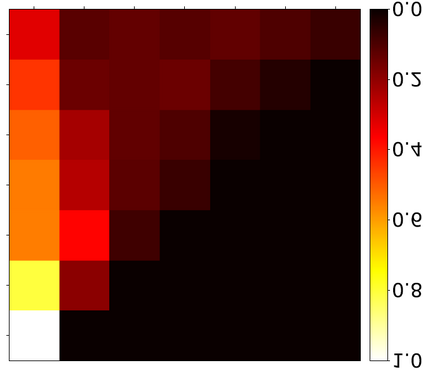This paper presents a novel open-domain dialogue generation framework emphasizing the differentiation of speakers in multi-turn conversations. Differing from prior work that solely relies on the content of conversation history to generate a response, we argue that capturing relative social relations among utterances (i.e., generated by either the same speaker or different persons) benefits the machine capturing fine-grained context information from a conversation history to improve context coherence in the generated response. Given that, we propose a speaker-aware framework, named Parallel Hierarchical Attentive Encoder-Decoder (PHAED), that aims to model each utterance with the awareness of its speaker and contextual associations with the same speaker's previous messages. Specifically, in a conversation involving two speakers, we regard the utterances from one speaker as responses and those from the other as queries. After understanding queries via our encoder with inner-query and inter-query encodings, our decoder reuses the hidden states of previously generated responses to generate a new response. Our empirical results show that PHAED outperforms the state-of-the-art in both automatic and human evaluations. Furthermore, our ablation study shows that dialogue models with speaker tokens can generally decrease the possibility of generating non-coherent responses regarding the conversation context.
翻译:本文介绍了一个新的开放域对话生成框架,强调多方向对话中发言者的差别。与以前的工作不同,以前的工作完全依赖对话历史的内容来生成回应,我们争辩说,捕捉言论(即由同一发言者或不同的人生成的言论)之间的相对社会关系有利于机器从对话历史中捕捉精细化的背景资料,以提高所生成的响应在背景上的一致性。鉴于此,我们提议了一个演讲觉悟框架,名为平行的分级惯犯-Decoder(PHAED),目的是以同一发言者先前的电文作为每次演讲的样板,以其演讲者和相关协会对同一发言者之前的电文的认识为榜样。具体地说,在有两位发言者参与的谈话中,我们把一名发言者的言词视为回应,而其他人的言词则视为询问。在通过我们的内脏和内脏编码解调后,我们的解调器重新利用先前生成的隐蔽的响应状态来生成新的响应。我们的实证结果表明,PHAED超越了在自动和人文对话中都显示我们无法进行这种姿态上的对话。
















